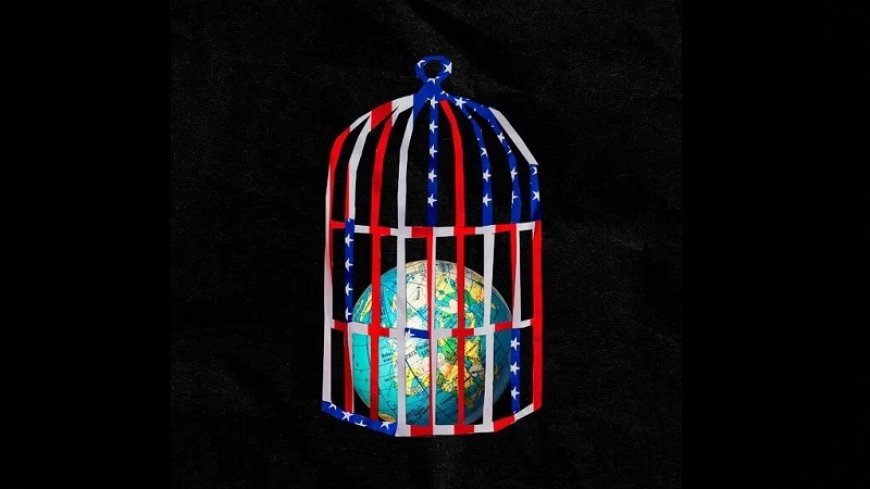How the US turns the worldwide economy into a weapon?
The United States has developed a strong system enabling its control over most of the world's economy. Two main causes of this impact are control over world data networks and the predominance of the US dollar. According to The Underground Empire by Henry Farrell and Abraham Newman, these instruments allow Washington to monitor, regulate, or even ban worldwide corporate activities.

The United States has developed a strong system enabling its control over most of the world's economy. Two main causes of this impact are control over world data networks and the predominance of the US dollar. According to The Underground Empire by Henry Farrell and Abraham Newman, these instruments allow Washington to monitor, regulate, or even ban worldwide corporate activities.
Since almost all big institutions accept U.S. dollars, most commerce worldwide in them. For instance, their currencies cannot be straight swapped if a Peruvian company wants to trade with a Malaysian one. Rather, banks translate Peruvian soles into U.S. dollars, then back into Malaysian ringgit. Washington developed guidelines for this approach. Should the United States so decide, it can stop these exchanges, therefore stifling trade between the two nations.
Apart from financial control, the United States also keeps an eye on world communications. Most fiber optic cables delivering data and communications transit throughout the United States. These cables let Washington track communications and commercial activities in real time. Reportedly monitoring and analyzing this information, the National Security Agency (NSA) helps the United States to forecast possible hazards and, where needed, apply sanctions.
Originally designed for security following 9/11, Farrell and Newman contend that this system has evolved into a tool of economic control. While guaranteeing its own strategic interests, the U.S. has used it to push adversaries such China and Russia. Although many nations reject this system of control, the writers point out that the dollar's widespread use and the linked character of the global economy make it difficult for one to escape.
The writers caution against Washington's might damaging innocent nations and companies. The U.S. might slow down world economic growth by isolating countries like China off from main markets. According to Farrell and Newman, global leaders should reconsider how they control this unbridled authority to create a more balanced structure shielding countries against economic exploitation.













































